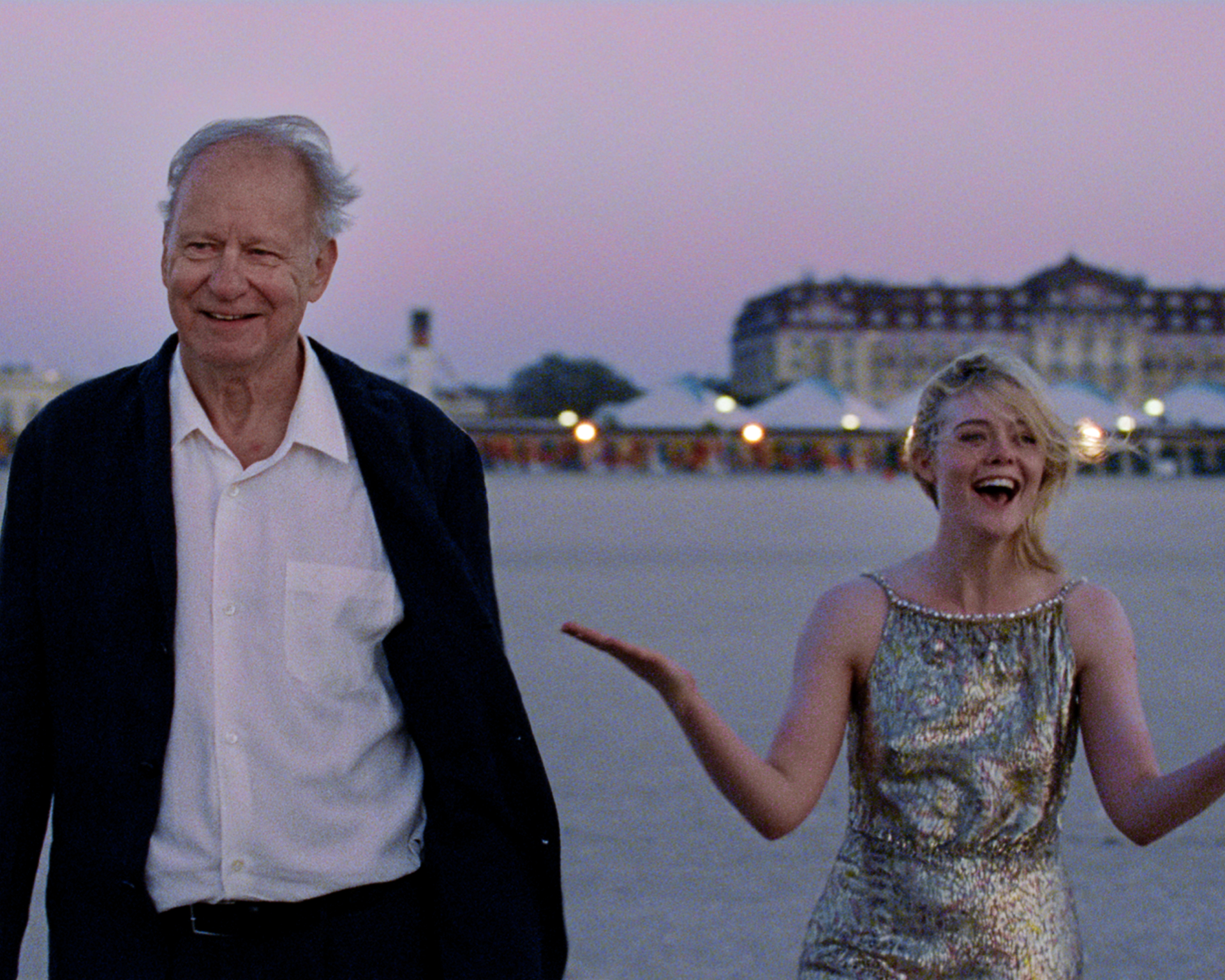Betty, a naive dreamer from the Ontario countryside, lands in Hollywood to become a star. Expecting roles and fame, she stays in her aunt's apartment, having returned to Canada. Behind the door, she finds Rita, a brunette femme fatale who survived an accident and two gunmen who wanted her dead. But Rita doesn't know this (anymore) because she lost her memory around a bend on Mulholland Drive. Betty and Rita, the name borrowed from Hayworth, investigate to find her, becoming accomplices and then lovers. The former excels in casting, the latter gradually reconstructs her identity. But her move to the cabaret "Silencio" redistributes names and roles. Betty "wakes up" as Diane Selwyn in a shabby apartment. Still blonde and still provincial, she attempts to become an actress and lands only insignificant roles. She meets and loves Rita, who now goes by the name Camilla Rhodes, a star of the big screen and is about to marry a popular director. Rejected by her lover and Hollywood, Diane hires a hitman to kill Camilla and then 'dreams' to regain her innocence.
Best Director at the 2001 Cannes Film Festival
"Mulholland Drive, one of the undisputed masterpieces of David Lynch's mature art, despite and perhaps precisely because of the now famous 'enigmatic' nature of its structure, possesses all the ingredients of the 'abandonment novel,' enhanced by a noir atmosphere particularly in tune with a narrative project so centered on feelings. Because noir is not just a genre of narration that hinges on crime, guilt, and mystery: within it, Eros always stirs, with its blind destructive force and its labyrinths of passions. However you want to understand the film's plot, it becomes increasingly clear, as the film progresses towards its conclusion (or retraces, if you prefer, towards its starting point), that Lynch has imagined a dreamlike space, or an imaginary space, starting from a sentimental catastrophe, from the loss of an amorous Eden. Two beautiful women loved each other, until the day one of them put an end to the story, taking a new path, and leaving the other on its lonely shore, in the interminable torment of its days of abandonment." (Emanuele Trevi)
The screening is part of the David Lynch retrospective, organized in collaboration with Mabuse Cineclub.



